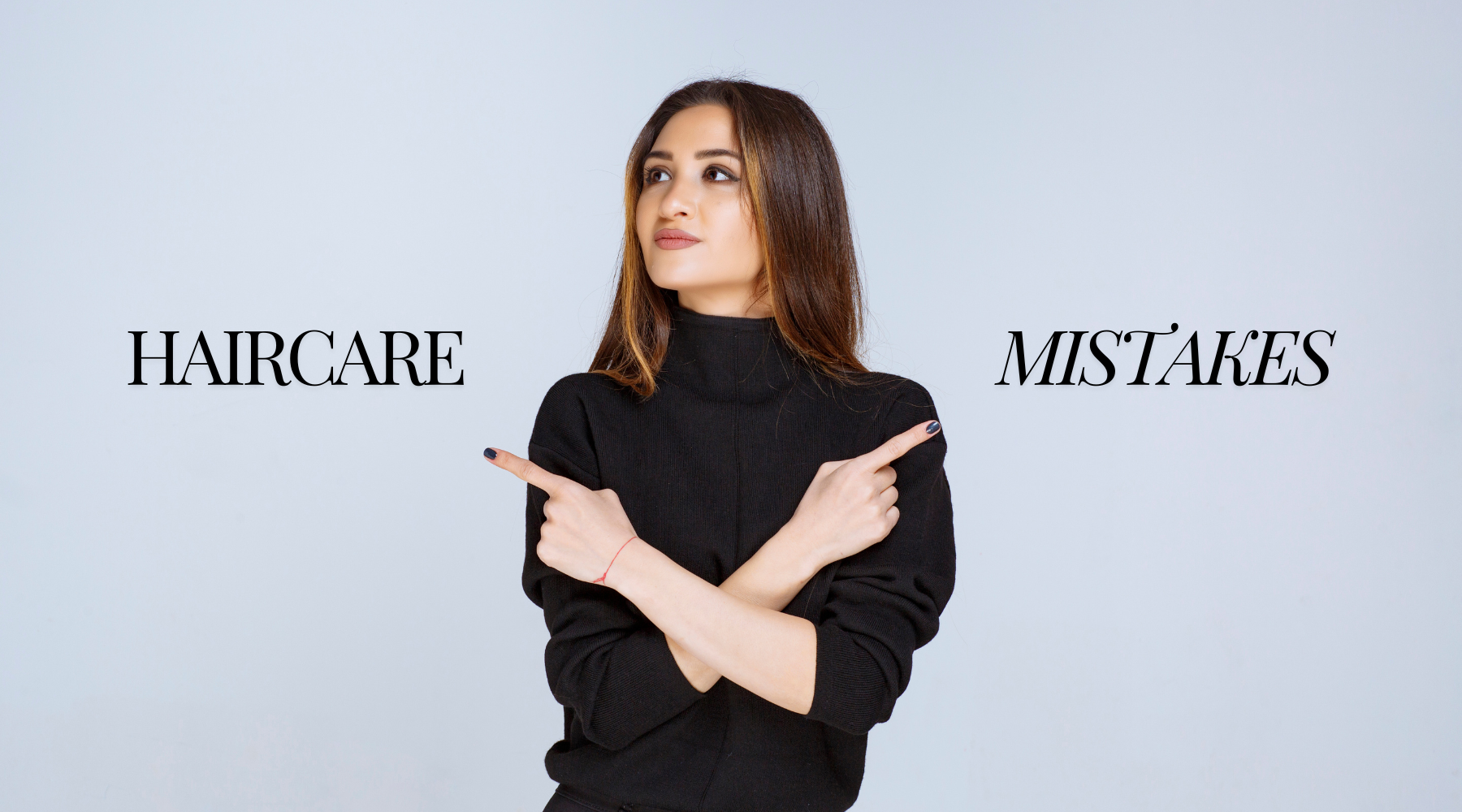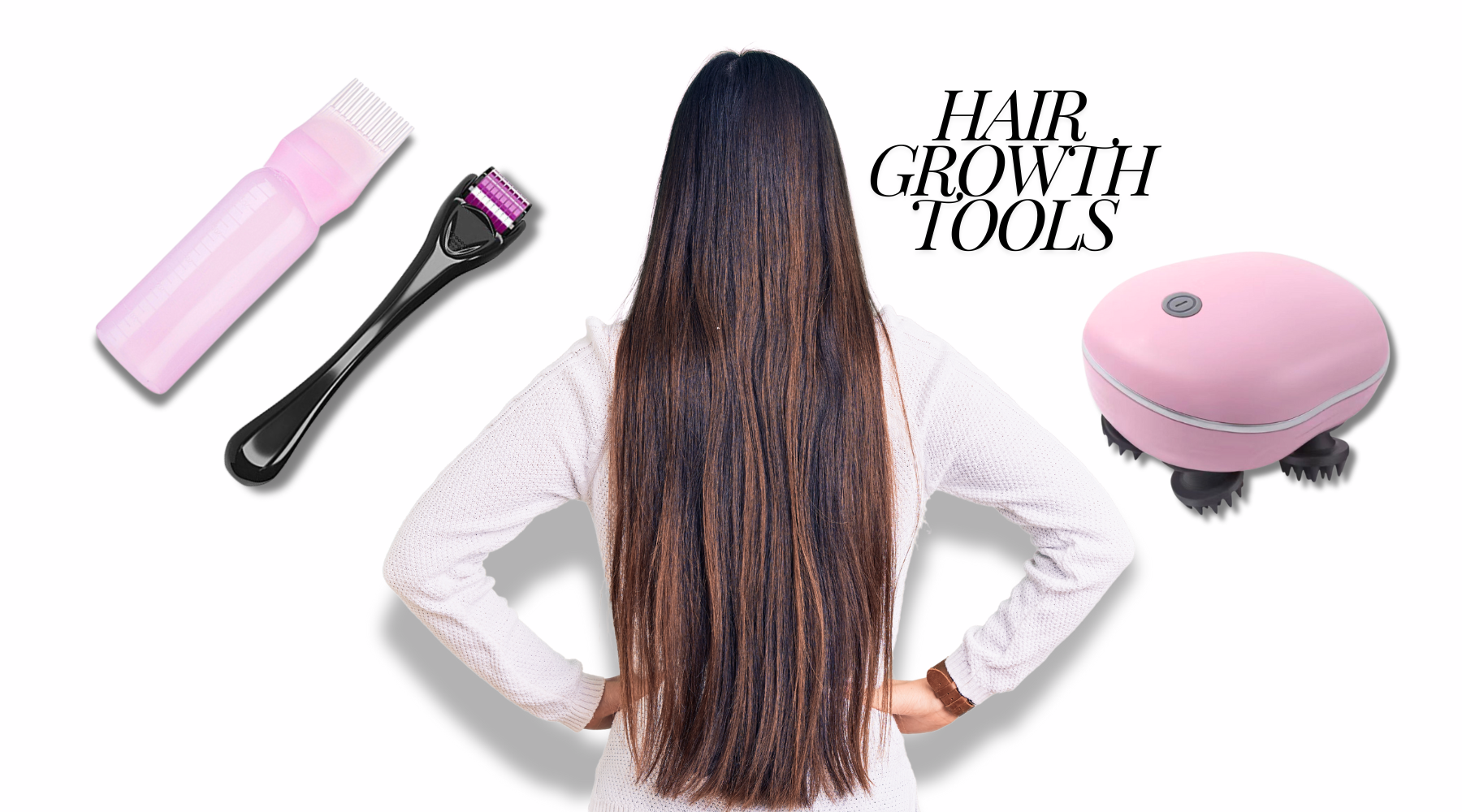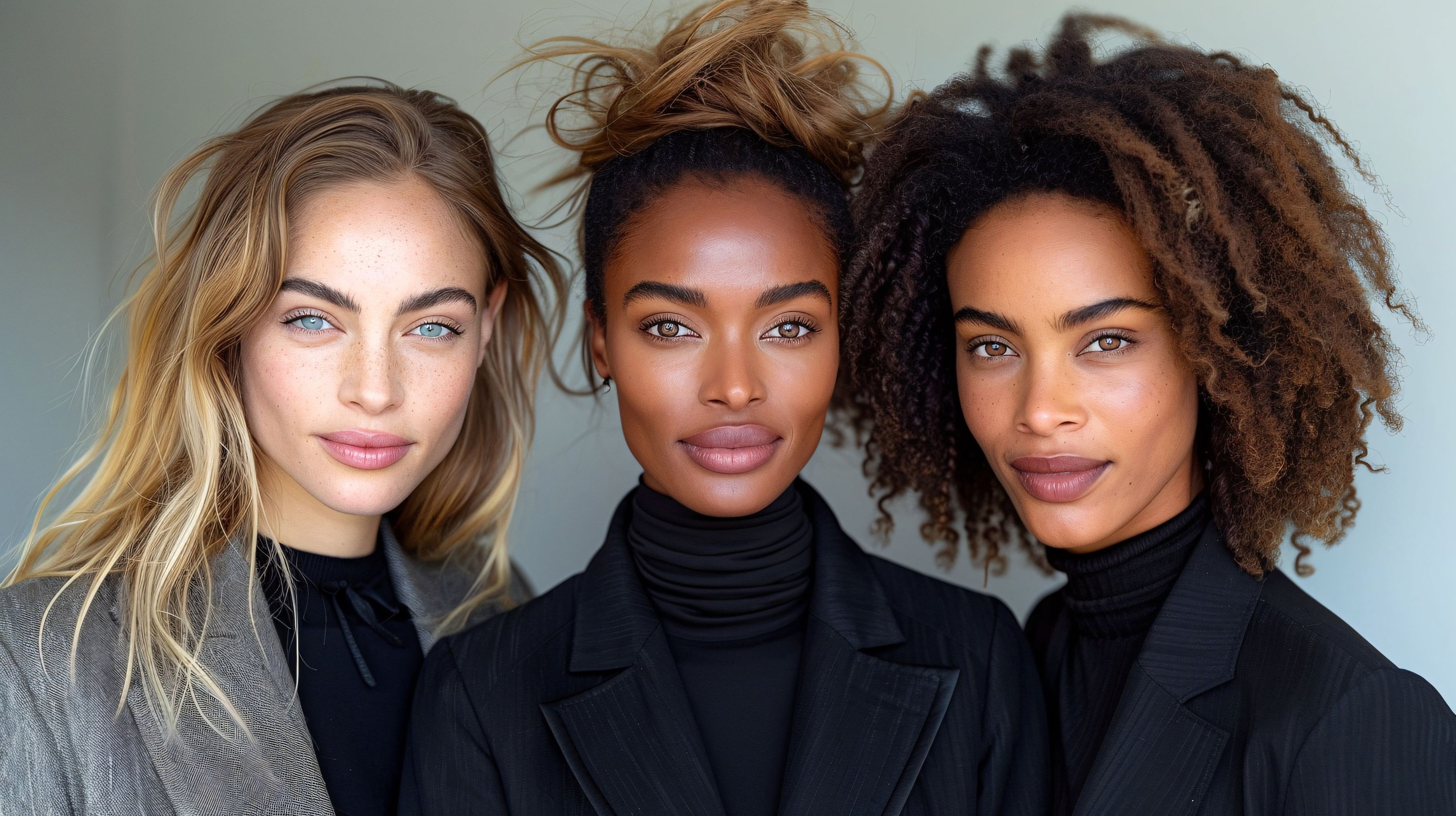
Five haircare mistakes you should NEVER make
In the pursuit of healthy and luscious hair, the number of trending hair products can be overwhelming. But what sabotages our efforts to have good hair are some very common mistakes that we all fall prey to. From poorly chosen hairstyles to over-washing, these errors can and will compromise our hair health. In this article, we will explore 5 hair mistakes you should never make, along with some tips.
-
Incorrect hair washing
Washing your hair seems like a very straightforward process, but it’s the most common mistake we make. The way and frequency with which we wash our hair is the reason why we have an overly oily scalp and damaged hair. Here’s what you’re doing wrong:
- Washing your hair too frequently or every day can strip it of its natural oils, leading to scalp irritation and hair dryness. The scalp’s natural oil moisturizes and nourishes the hair, and it’s essential for hair health.
- Washing *all* hair. This may catch you off guard, but we should shampoo only our scalp and not the lengths of the hair. The dirt, oil, and product residue are focused on the scalp, so that’s where we should focus too.
- Skipping clarifying shampoos. Product buildup is the reason you may have an oily scalp. The buildup is created by our scalp’s oils and the products we put on our hair. For this reason, you need to use a clarifying shampoo once or twice a week to deep cleanse your scalp. You will be seeing less dandruff and oil in no time.
- Not emulsifying. You should not be applying the shampoo directly to the scalp. Instead, dispense it on your palms and rub them together to emulsify it until it turns into a nice lather. Failing to do so will lead to shampoo not spreading into your hair uniformly and not cleansing the scalp.

- Tight hairstyles
Wearing hairstyles that pull on the hair can cause traction hair loss, decrease the hairline, and even damage the hair follicles (traction alopecia). High ponytails are one of the most damaging hairstyles that you can switch for loose braids to protect your hair.
In addition to hairstyles, hair accessories can damage your hair too. Elastic ties, in particular, can cause a lot of traction, friction and rubbing that can weaken the hair, leading to breakage and split ends. Switch to silk or satin scrunchies instead!

- Skipping conditioner
Conditioner is essential for restoring moisture and smoothing the hair strands after shampooing. But you should apply it from the mid-length to the ends, leaving the scalp, because it can increase oiliness. Before applying the conditioner, make sure to squeeze all the water out of the hair, leave it for a few minutes, and avoid contact with the back, as it may cause bacne in some individuals.
- Not focusing on the scalp
Hair is dead. Literally. Hair is primarily composed of dead cells. The hair follicle is the ‘living’ part, which is located beneath the scalp. If you are on a hair growth journey, you need to focus more on scalp health than the strands of your hair. Scalp oiling and massages a couple of times a week will help you achieve your hair goals.
- Dirty hair brushes
When was the last time you washed your hair brush? You don’t remember? Well, your dirty hair brush may be the reason why your scalp feels oily and dirty quickly. Over time, hair brushes accumulate buildup from oil, dirt, and hair products, which can be transferred back onto your hair while brushing. In addition, the hair and dust in your hairbrush can create knots on the hair while brushing, which can lead to hair fall and breakage. You can always use self-cleaning brushes to save time.
Achieving healthy, long hair is mostly about treating your hair with care and attention. Avoiding these mistakes will make the biggest difference!
(Images are from freepik.com)





Hinterlasse einen Kommentar
Diese Website ist durch hCaptcha geschützt und es gelten die allgemeinen Geschäftsbedingungen und Datenschutzbestimmungen von hCaptcha.